Trending Now
We have updated our Privacy Policy and Terms of Use for Eurasia Group and its affiliates, including GZERO Media, to clarify the types of data we collect, how we collect it, how we use data and with whom we share data. By using our website you consent to our Terms and Conditions and Privacy Policy, including the transfer of your personal data to the United States from your country of residence, and our use of cookies described in our Cookie Policy.
{{ subpage.title }}
Why investors need to support biodiversity
For years, investors have been largely absent from nature financing. But now you have opportunities across all asset classes.
"If we don't start mobilizing private capital, we're going to have an issue" with biodiversity, Ingrid Kukuljan, head of Impact & Sustainable Investing at Federated Hermes, says during "Time for nature: Turning biodiversity risk into opportunity," a livestream conversation hosted by GZERO in partnership with Suntory.
So, where are the opportunities?
First, Kukuljan explains, public markets, where "some of the biggest culprits to biodiversity loss are to be found." Second, engaging companies that don't normally take biodiversity into account for decision-making.
How do financial disclosures help protect biodiversity?
The Taskforce on Nature-related Financial Disclosures doesn't have a sexy name. But it is instrumental in helping businesses know their impact on biodiversity so they can do better.
"What we are providing to help businesses and financial institutions is developing a risk management and disclosure framework for nature-related risks," TNFD technical director Emily McKenzie says during "Time for nature: Turning biodiversity risk into opportunity," a livestream conversation hosted by GZERO in partnership with Suntory.
McKenzie says that the impetus for TNFD is all coming from the market. Driven by risks, investors want to take action.
"We're moving rapidly."
Learn more about this GZERO Media live discussion: https://www.gzeromedia.com/sustainability
COP15 biodiversity wish list for the private sector
What does the private sector expect from the ongoing COP15 biodiversity conference in Montreal, Canada? Eurasia Group’s Franck Gbaguidi asked three experts during the livestream discussion "Time for nature: Turning biodiversity risk into opportunity," hosted by GZERO in partnership with Suntory.
Vian Sharif, head of sustainability at FNZ Group, wants the finance sector to get a set at the table.
Ingrid Kukuljan, head of impact and sustainable investing at Federated Hermes, would like to tweak subsidies and get started on regulation.
Katie Critchlow, CEO of NatureMetrics, hopes that COP15 will be the North Star for nature-positiveLearn more about this GZERO Media live discussion: https://www.gzeromedia.com/sustainability
- COP27 winners and losers ›
- What We're Watching: The end of Twitter (as we know it), climate reparations at COP27 ›
- What to expect from COP27: “It’s pretty grim” ›
- Biodiversity loss: Is nature-positive the new net zero? - GZERO Media ›
- Biodiversity loss: Is nature-positive the new net zero? - GZERO Media ›
- 3 ways mining companies can help protect biodiversity - GZERO Media ›
Episode 7: Why biodiversity loss matters to governments and investors
Listen: Are global leaders finally taking needed action on environmental issues? Coming out of the COP26 meeting in Glasgow, we've seen governments agree to a certain set of policies to fight climate change. But that isn't the only urgent environmental issue we face. The twin problem of climate change AND biodiversity loss are a serious threat to not just governments, but also investors.
The latest episode of Living Beyond Borders, a special podcast series from GZERO brought to you by Citi Private Bank, looks at how important biodiversity is to the global economy, and what leaders need to do to prevent further loss. Moderated by Caitlin Dean, Head of the Geostrategy Practice at Eurasia Group, this episode features Anita McBain, Managing Director at Citi Research, heading EMEA ESG Research; Harlin Singh, Global Head of Sustainable Investing at Citi Global Wealth; and Mikaela McQuade, Director of Energy, Climate and Resources at Eurasia Group.
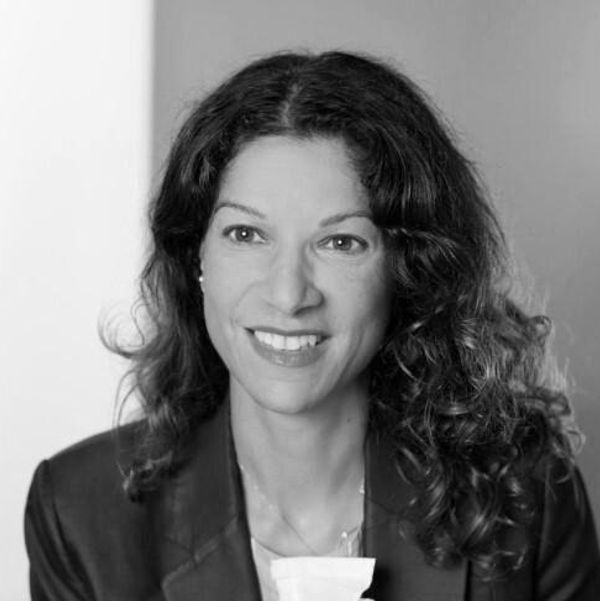
Anita McBain
Managing Director at Citi Research, heading EMEA ESG Research
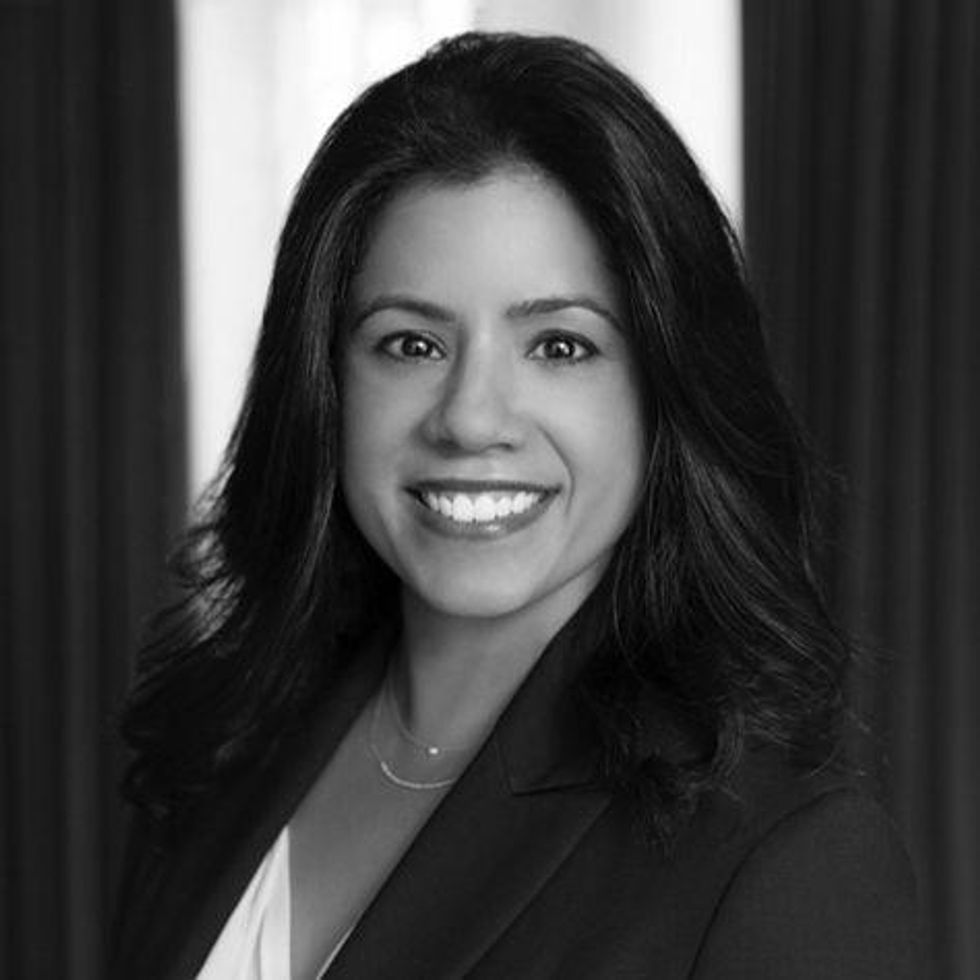
Harlin Singh
Global Head of Sustainable Investing at Citi Global Wealth

Mikaela McQuade
Director of Energy, Climate and Resources at Eurasia Group
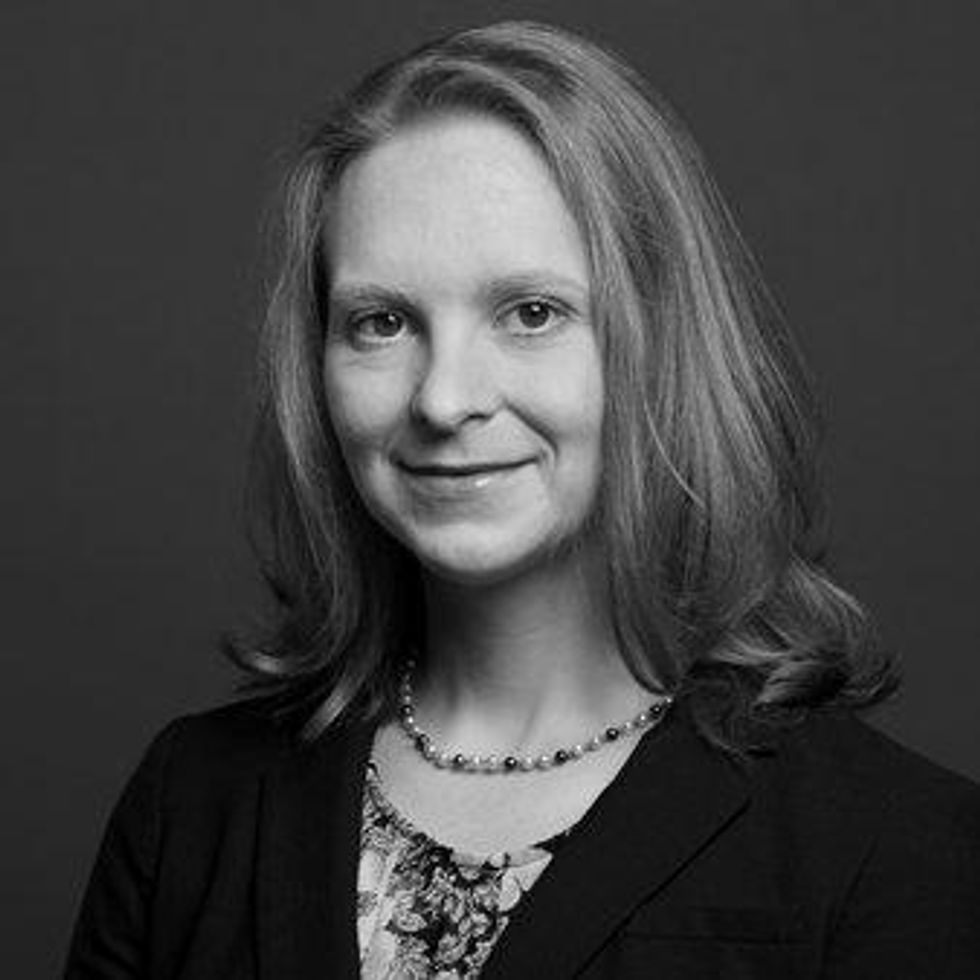
Caitlin Dean
Practice Head, Geostrategy, Eurasia Group
Episode 10: Can private companies lead the way on climate action?
Listen: With bold commitments coming from both political and business leaders around the globe, 2021 could be a critical year in the fight against climate change. As sustainable investing moves from being a nice idea to a necessary move, what does it mean for your bottom line?
In the latest episode of Living Beyond Borders, moderator Caitlin Dean speaks with experts about what's next for sustainability, protecting the planet, and the impact it will all have on investors and markets. Guests include Harlin Singh, Global Head of Sustainable Investing, Citi Private Bank; Davida Heller, SVP of Sustainability & ESG, Citi; and Gerald Butts, Vice Chairman at Eurasia Group.
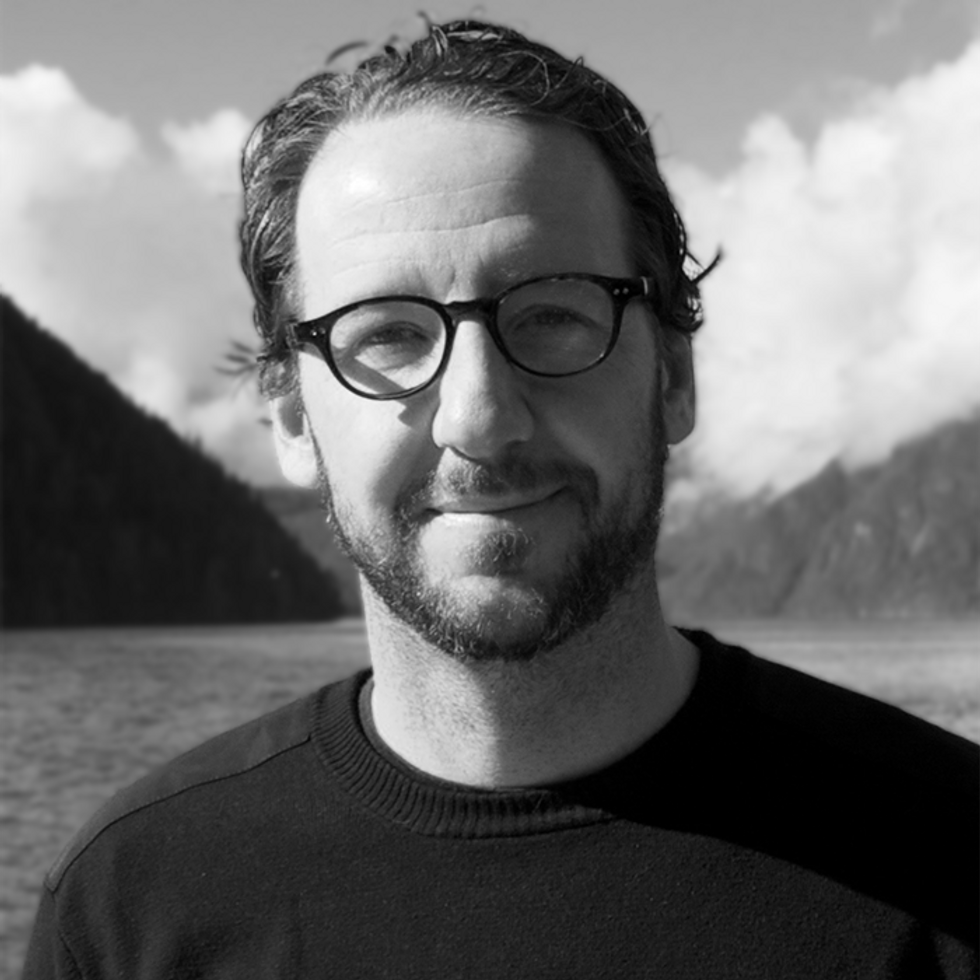
Gerald Butts
Vice Chairman, Eurasia Group
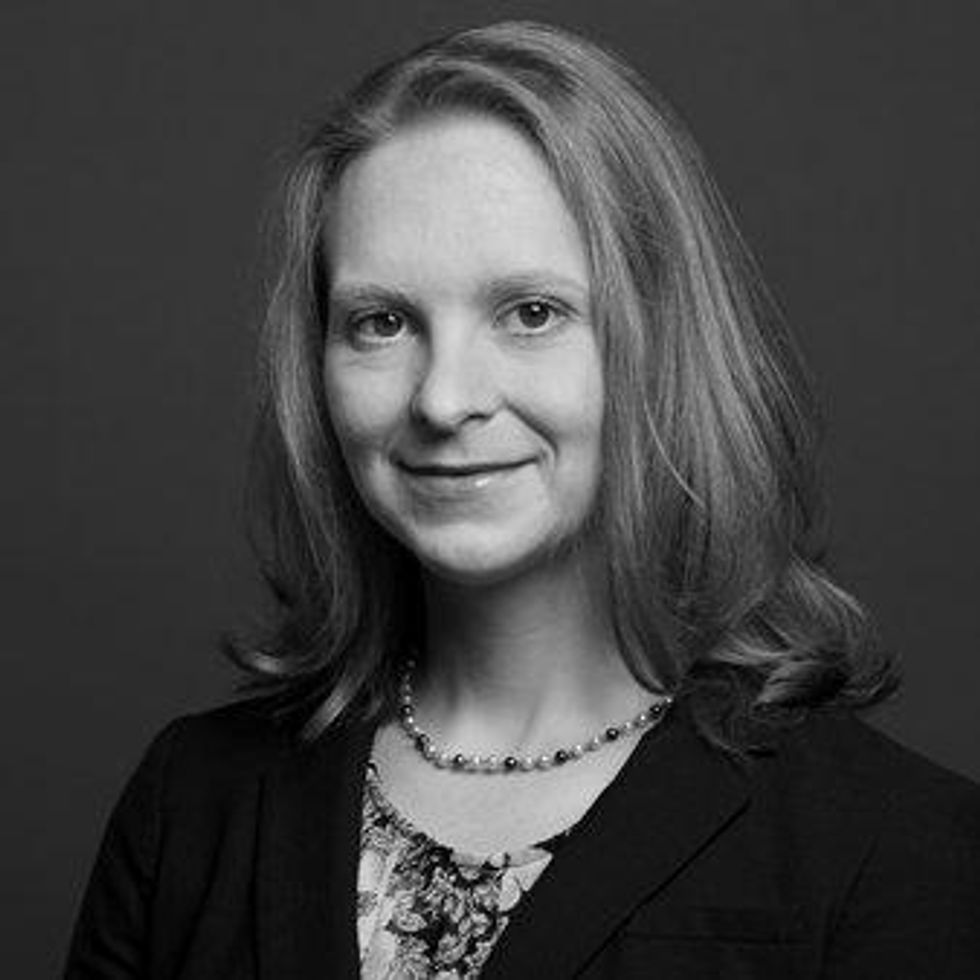
Caitlin Dean
Practice Head, Financial & Professional Services, Eurasia Group

Davida Heller
SVP of Sustainability & ESG, Citi Global Public Affairs
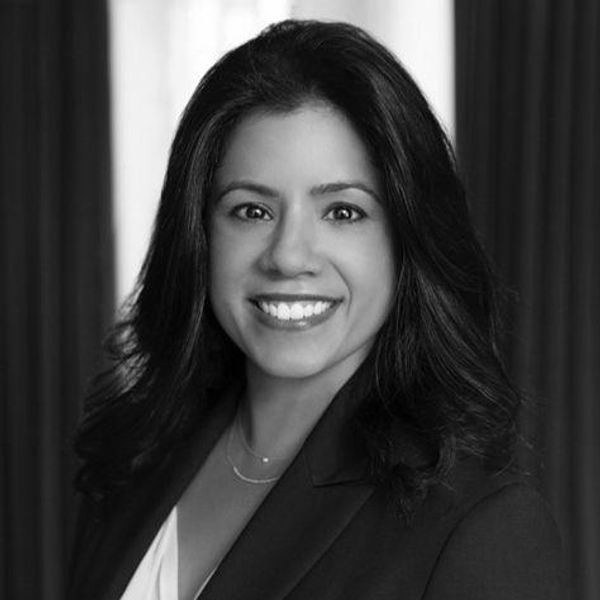
Harlin Singh
Head of Sustainable Investing, Citi Private Bank
The Graphic Truth: The global sustainable investment surge
As more investors back responsible businesses and funds, the growth of assets under management that are ESG-compliant (under one standard or another) has been soaring in recent years. What's more, the geographic scope of this market is growing. A few years ago it was mainly big in Europe , but it's now picking up fast in the US and expanding to Asia, driving a massive boost this year alone. Why? By throwing a glaring spotlight on global inequality, the thinking goes, the pandemic has been a major driver of investment that focuses less on hard profits and more on socially and environmentally responsible capital management. Will this sustainability surge carry on next year? We take a look at ESG investment's upward trend over the past eight years — globally and by region.
GZERO Summit on sustainability: COVID-19’s promise on ESG
The forced slowdown of global economic activity due to the coronavirus pandemic has slashed carbon emissions around the world, opening a unique opportunity to make real progress in the fight against climate change. But there is fear that it won't be enough, and the world will go back to its old ways when we get rid of COVID-19. However, even before the public health crisis, some major emitters had already taken ambitious steps to rethink how to make their own policies more sustainable.
In Canada, the prominence of oil in the economy doesn't mean that it should hide from the existential challenge of climate change. Fossil fuel profits make Canada not only more responsible but gives the nation the resources to commit to a bold climate policy, Canadian Minister of Natural Resources Seamus O'Regan said during a panel discussion on sustainability at the 2020 GZERO Summit in Japan.
Dawn Farrell, president and CEO of Transalta, Canada's largest clean electrical company, noted that we can apply many of the lessons learned from battling COVID-19 to the global struggle against climate change. The same way governments and the public sector have worked together successful vaccines, there must be equal collaboration on carbon prices, which must be set by governments and not the market alone.
Indeed, the pandemic is an opportunity to entirely transform the economy of countries like Japan, which recently committed to producing net zero carbon emissions by 2050 under new Prime Minister Yoshihide Suga.
Other nations with less muscle, though, may struggle to phase out highly polluting fossil fuels such as coal, which still powers dozens of countries across Asia. That's why rich countries should engage and help them, said Tadashi Maeda, governor of the Japan Bank for International Cooperation.
Meanwhile, countries with both the energy and financial resources to aspire to net zero in the near term should deliver on their Paris Accord climate commitments — and support businesses that are doing the right thing for their bottom line and the planet at the same time. For instance, O'Regan argued that Canada understands where the environmental, societal, and corporate governance (ESG) market is moving, for instance on liquefied natural gas.
ESG lately has become code for simply curbing emissions, but Farrell said that ESG investors want to know you can put your money where your mouth is, and show progress… without big disruption like calls for divestment. Indeed, for Maeda pulling back from all fossil fuels is only one aspect of ESG, and not even the most important right now in most emerging economies.
Beyond ESG investing, companies are also learning how to operate in more responsible way. One of them is Sony, a Japanese conglomerate which the Wall Street Journal recently ranked as the world's most sustainable managed corporation.
So, what's the key to Sony's success on sustainability? Dialogue with investors is crucial, explained Kenichiro Yoshida, the company's chairman and CEO.
With elected governments it's a bit different, but even then the way forward is changing our mindset. Farrell said that they are thinking less about who will be in power to set regulations, and more about the values of the people that put the politicians in power to come up with sustainability policies. If you know the people, you can predict how the governments they elect will act in the future.
Watch the above video to learn more insights from our panelists on COVID-19's impact on global sustainability efforts.
Episode 9: Can sustainable investing save our planet?
Listen: Benjamin Franklin famously called on American business leaders more than two centuries ago to "Do well by doing good." To him, that meant creating companies that were not just about the bottom line, but also that helped foster happier and healthier communities. Now, as 2021 approaches and the world recovers from the greatest crisis of our lifetimes, sustainable investing is a bigger discussion than ever. What does it mean, and how does it not only help the environment and societies but also build your bottom line? That's the topic of the latest episode of Living Beyond Borders.
Moderator Caitlin Dean is joined by Harlin Singh, Head of Sustainable Investing at Citi Private Bank; Elree Winnett Seelig, the Head of ESG for Markets and Security Services at Citi; Rohitesh Dhawan, Director of Global Energy and Natural Resources at Eurasia Group; and Gerry Butts, Eurasia Group's Vice Chairman.

Elree Winnett Seelig
Head, ESG, Markets & Securities Services, Citi

Harlin Singh
Head of Sustainable Investing, Citi Private Bank

Gerald Butts
Vice Chairman, Eurasia Group
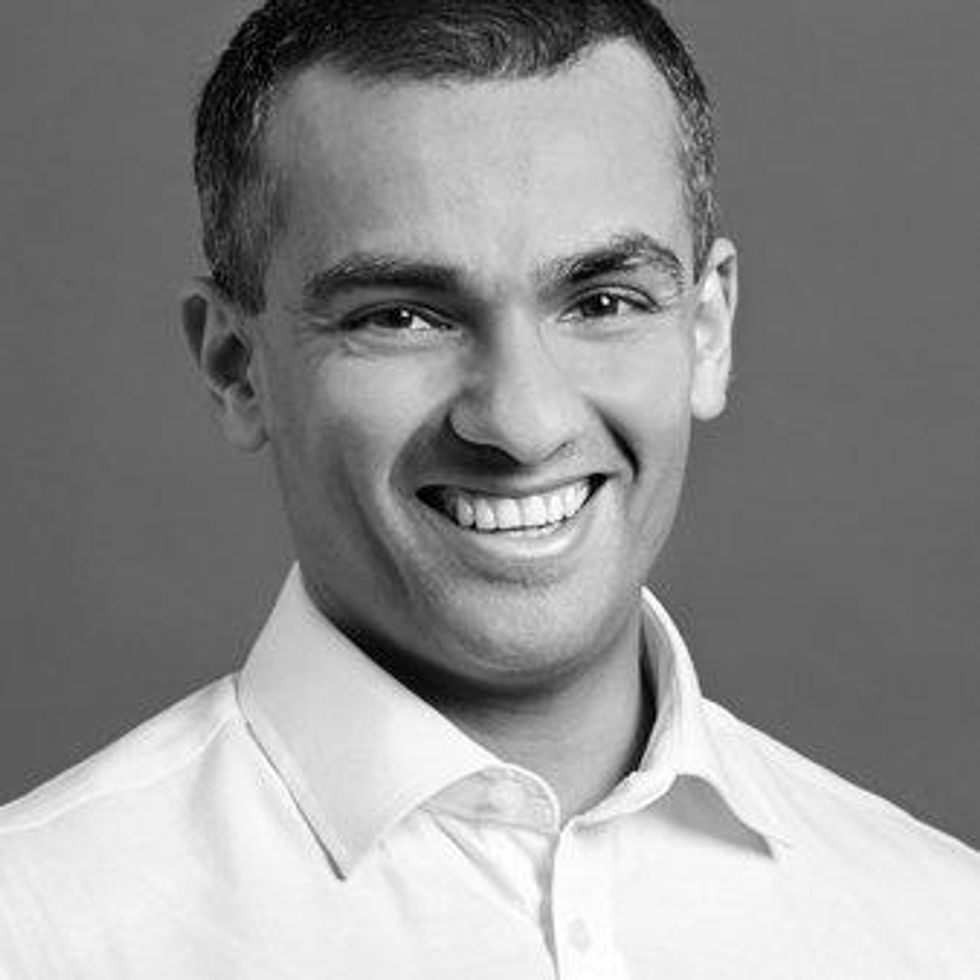
Rohitesh Dhawan
Managing Director, Energy, Climate & Resources, Eurasia Group
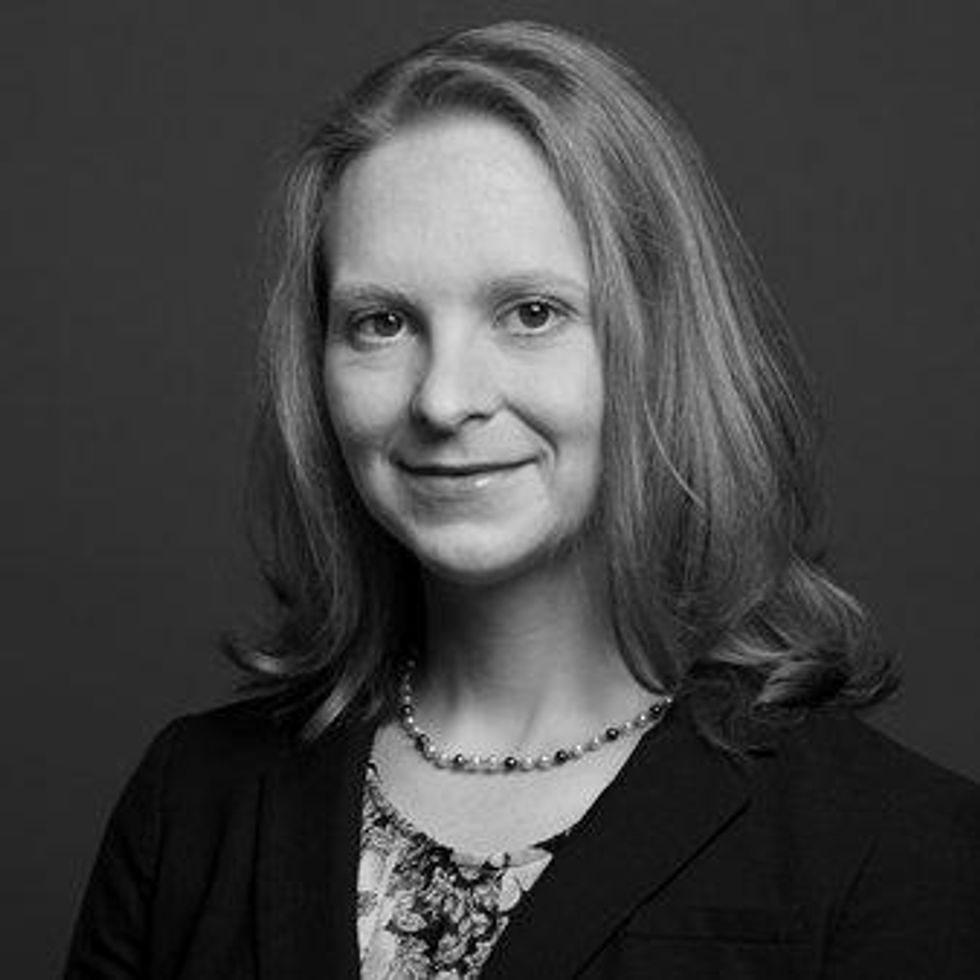
Caitlin Dean
Practice Head, Financial & Professional Services, Eurasia Group



